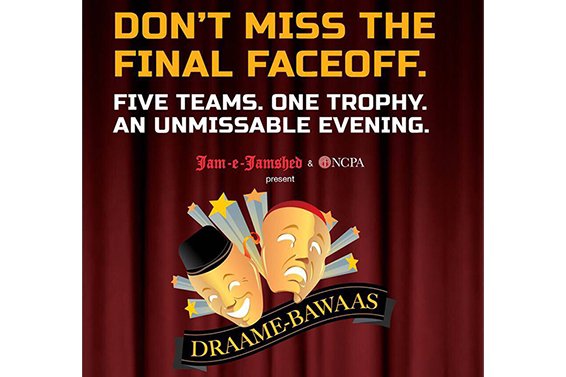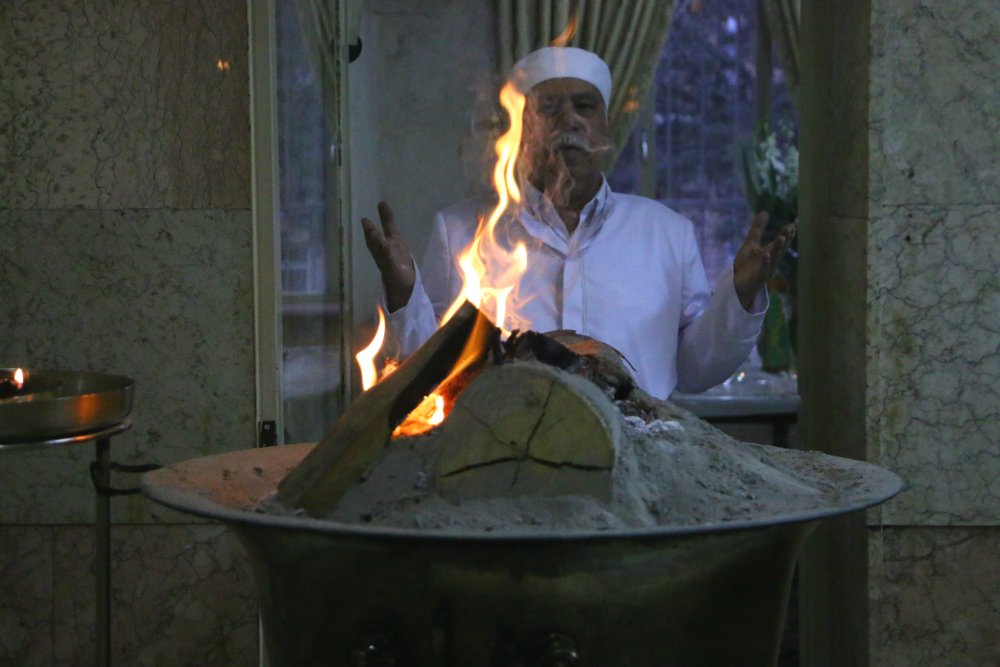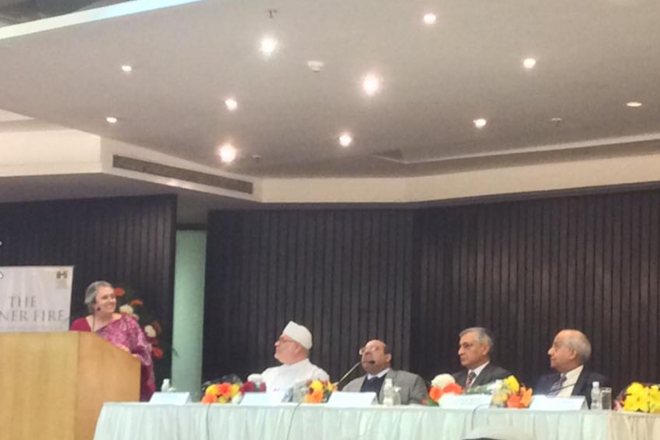The Second Coming
Draame-Bawaas, a competition of one-act plays, aims to give a new lease of life to Parsi theatre.
 FOR me, theatre is religion,” says Sam Kerawalla, 84, one of Parsi theatre’s greats. Trained as an engineer, he always accepted jobs which ensured he had the evenings to himself, so that he could indulge his passion for theatre. Media professional Burjor Patel, another household name in Parsi theatre, recalls the great lengths he went to, to ensure that he was part of theatre. When he worked at Jam-E-Jamshed, he would rehearse at the newspaper’s office. And when he got assigned by The Statesman to Delhi, Patel would get a night flight out to Mumbai on Friday to attend rehearsals, and return on a night flight on Sunday. “Finally, my boss relented. ‘Just send him back to Bombay!’, he said,” the 85-year-old recounts.
FOR me, theatre is religion,” says Sam Kerawalla, 84, one of Parsi theatre’s greats. Trained as an engineer, he always accepted jobs which ensured he had the evenings to himself, so that he could indulge his passion for theatre. Media professional Burjor Patel, another household name in Parsi theatre, recalls the great lengths he went to, to ensure that he was part of theatre. When he worked at Jam-E-Jamshed, he would rehearse at the newspaper’s office. And when he got assigned by The Statesman to Delhi, Patel would get a night flight out to Mumbai on Friday to attend rehearsals, and return on a night flight on Sunday. “Finally, my boss relented. ‘Just send him back to Bombay!’, he said,” the 85-year-old recounts.
Kerawalla and Patel are some of the prominent artistes who actively pursued Parsi theatre between the ’50s and the ’80s, before its decline set in. Draame-Bawaas, a one-act play competition they have now organised along with Shernaz Patel, Meher Marfatia and Jim Vimadala in Mumbai, aims to encourage and identify fresh talent and revive the sagging Parsi theatre scene.
Initially, 13 plays entered the competition. After the elimination round, five will compete today for the Adi Marzban Trophy — named after the Parsi theatre stalwart who is responsible for modernising Parsi and Gujarati theatre. Awards for best actor, actress, supporting actor, supporting actress, newcomer, director and original script (Gujarati/English) will also be presented.
The rehearsals for The Three Musketeers, one of the plays competing in Draame-Bawaas, are being held in Dinyar Contractor’s house in the Parsi colony of Rustom Baug. Contractor, a well-known stage personality, cracks jokes and offers advice to the 30-member cast and crew belonging to different age-groups. They have all gathered after the day’s work, just as Kerawalla and Patel used to, all those years ago.
Contractor says, “Unless you are a theatre producer, the salary wouldn’t even get you a decent breakfast. You need another job to support yourself.” Some of the artistes taking part in the competition have been doing theatre for a few years, but others spotted an ad in Jam-E-Jamshed for Draame-Bawaas and decided to give it a shot.
During the golden days of Parsi theatre, it was not uncommon for tickets to be sold in black for five times their original price. Such craze has become a thing of the past. While popularity of cinema is the primary cause, language is another major problem. Though most Parsis of this generation speak Gujarati at home, they are not able to read or write it. The shrinking Parsi population is another reason for the decline.
Today, many are hopeful about the revival of Parsi theatre, especially the youngsters. They agree that the content of Parsi theatre has to evolve beyond popular satires by Marzban. Draame-Bawaas has a few comedies but also includes more serious plays. Thea Shroff, an actor in Sorry Wrong Number, says, “We don’t enjoy the traditional Parsi humour anymore. We are trying to contemporise plays.” The Three Musketeers, for instance, is about three youngsters — a hearing impaired, a visually impaired, and a speech impaired — who witness a murder and try to bring the killer to book. Another play, Don’t Worry Be Happy, is about a man who wants to commit suicide and meets three strangers who help him in carry it out.
Still, the appeal of Marzban, known for wacky and slapstick comedies, hasn’t faded just yet. “Laughter in the House: A Tribute to Adi Marzban”, an amalgamation of sketches, gags and songs by Marzban that was played by veteran actors and stage personalities, opened to packed houses some months ago. Its sequel, Laughter in the House 2, is coming up soon and some winners of Draame-Bawaas will be cast in it.





